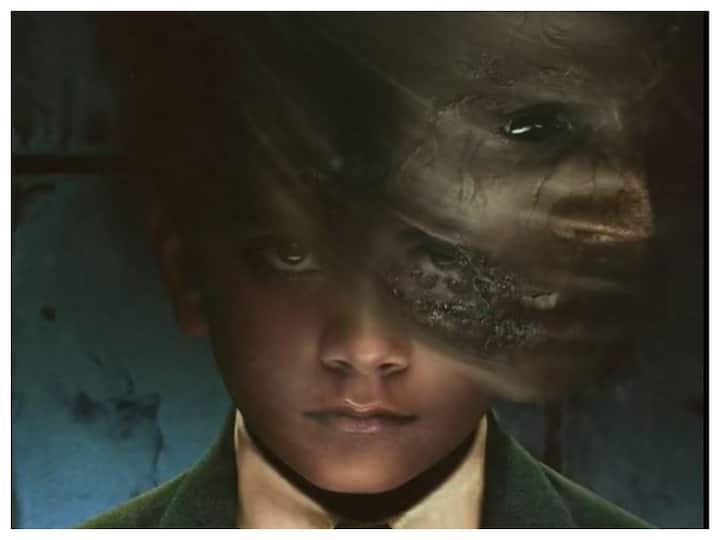CAST: Rasika Dugal, Ishwak Singh, Rahul Dev, Zoa Morani
DIRECTOR: Gauravv K Chawla
In Adhura, a Prime Video show, a scene showcases a former bully, who continues his tormenting antics despite the passage of time. However, his actions, once dismissed as harmless, now spark a fierce retort. “Grow up,” the bullied retorts, leaving the bully taken aback, responding with “Move on! It happened 15 years ago.” This encapsulates the show’s theme, suggesting that the impact of trauma outlives all living entities and can expand, affecting numerous individuals until suppressed emotions explode into violence or, as depicted in Adhura, more literal horrors. Directed by Ananya Banerjee and Gauravv K. Chawla, Adhura may not be a horrorfest but crafts a compelling mystery centered around trauma.
The plot unravels as former classmates, including Adhiraj, return to their school in Ooty after 15 years. Amid the haunting hills shrouded in myths and mists, a disturbing mystery engulfs the school. Vedant, once a bullying victim, displays ominous behavior, seemingly possessed. Against this backdrop, we delve into the strained friendship between Adhiraj and Ninad, complicated by a romantic proposition. Ninad’s homosexuality made him a target of mockery and abuse, revealing a pattern of systematic, generational bullying. From the first scene, the influential Vedant’s father imposes his will on the reluctant dean, exemplifying this abuse of power.
Comparisons between Adhura and another recent release, School of Lies, are inevitable, with Adhura incorporating elements of conventional horror into the bullying narrative. With multiple mysteries enveloping the campus, Adhiraj, assisted by resident counselor Supriya (played by Rasika Dugal), navigates these enigmas.
As bizarre, uncanny events unfold, Supriya staunchly defends her scientific interpretations, while a Hindi teacher propounds supernatural theories. Despite posing as a contest between superstition and science, Adhura yields to familiar horror clichés. Although its leading performances, especially Singh and Dugal’s, add value, the series fails to exploit its unique location and gives away its most compelling aspects prematurely, diminishing the audience’s suspense.
Despite its shortcomings, Adhura does an admirable job of illustrating the pervasive, lasting effects of trauma and the infectious nature of bullying. The notion that power is validated through imposition, resulting in individuals raised on dominance growing up devoid of empathy, is intelligently highlighted. However, the creators’ ambition to package this message as a horror narrative results in a disjointed portrayal. Adhura overshoots its target by trying to encompass too many elements. This overreach results in a bleak present that contrasts jarringly with a challenging yet nuanced past. The series tends to overlook the subtler forms of violence, such as isolation and the enabling nature of the surrounding hills, focusing primarily on physical abuse.







